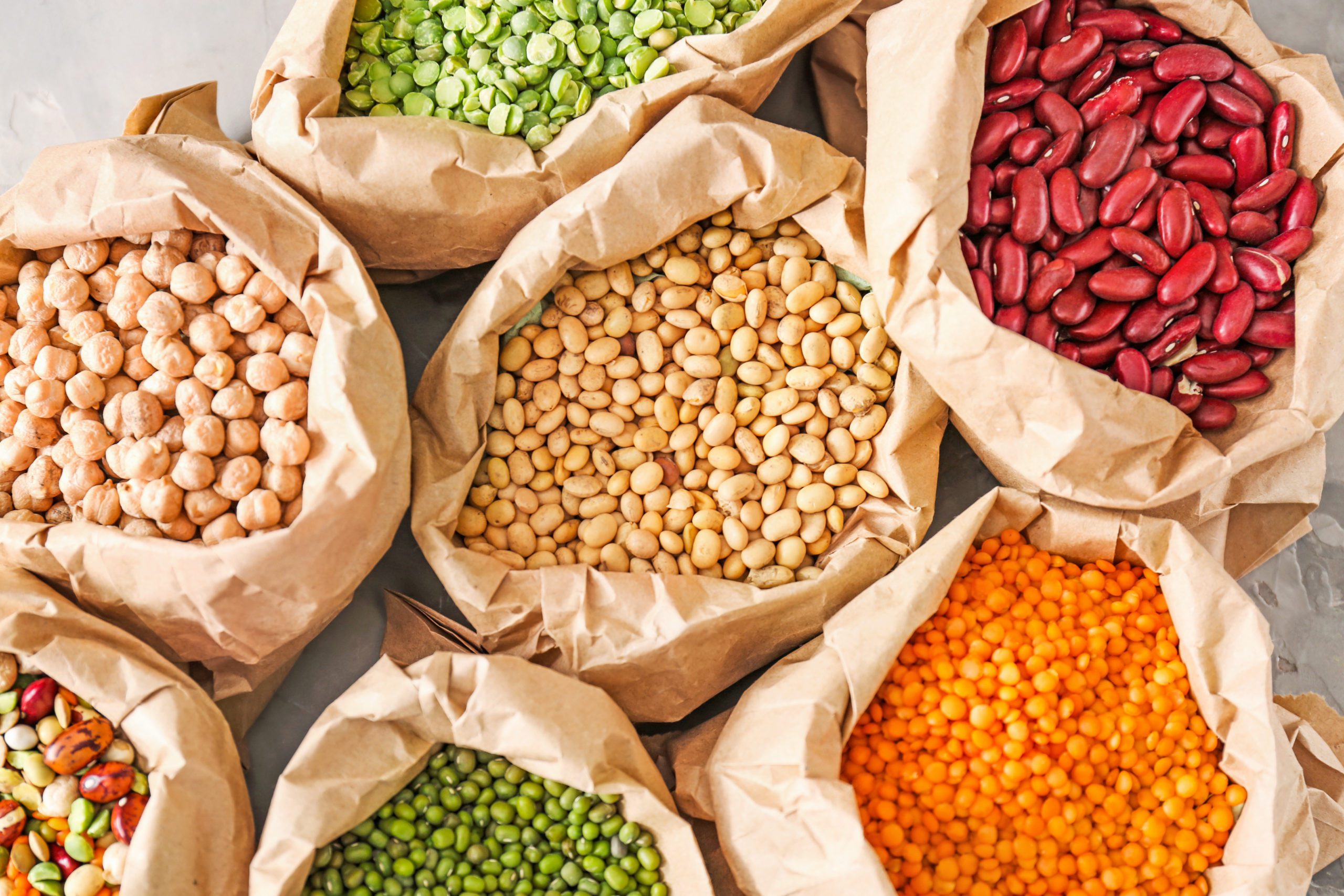Flowfood joins the GreenPlantFood Project
Flowfood joins the GreenPlantFood Project
GreenPlantFood aims to contribute to restructuring the farm to fork food systems in Norway towards a greener and more sustainable value chain. We all have heard that an increased consumption of plant-based food has positive effects on both health and the environment, but it’s early days yet and there is a strong need to boost knowledge on suitable plant materials and find and develop better green technologies to transform Norwegian raw materials such as legumes and grains into tasty, attractive and healthy products with low environmental footprint.
We are very proud to announce that Flowfood is collaborating with the research project GreenPlantFood funded by The Research Council of Norway and led by Nofima.
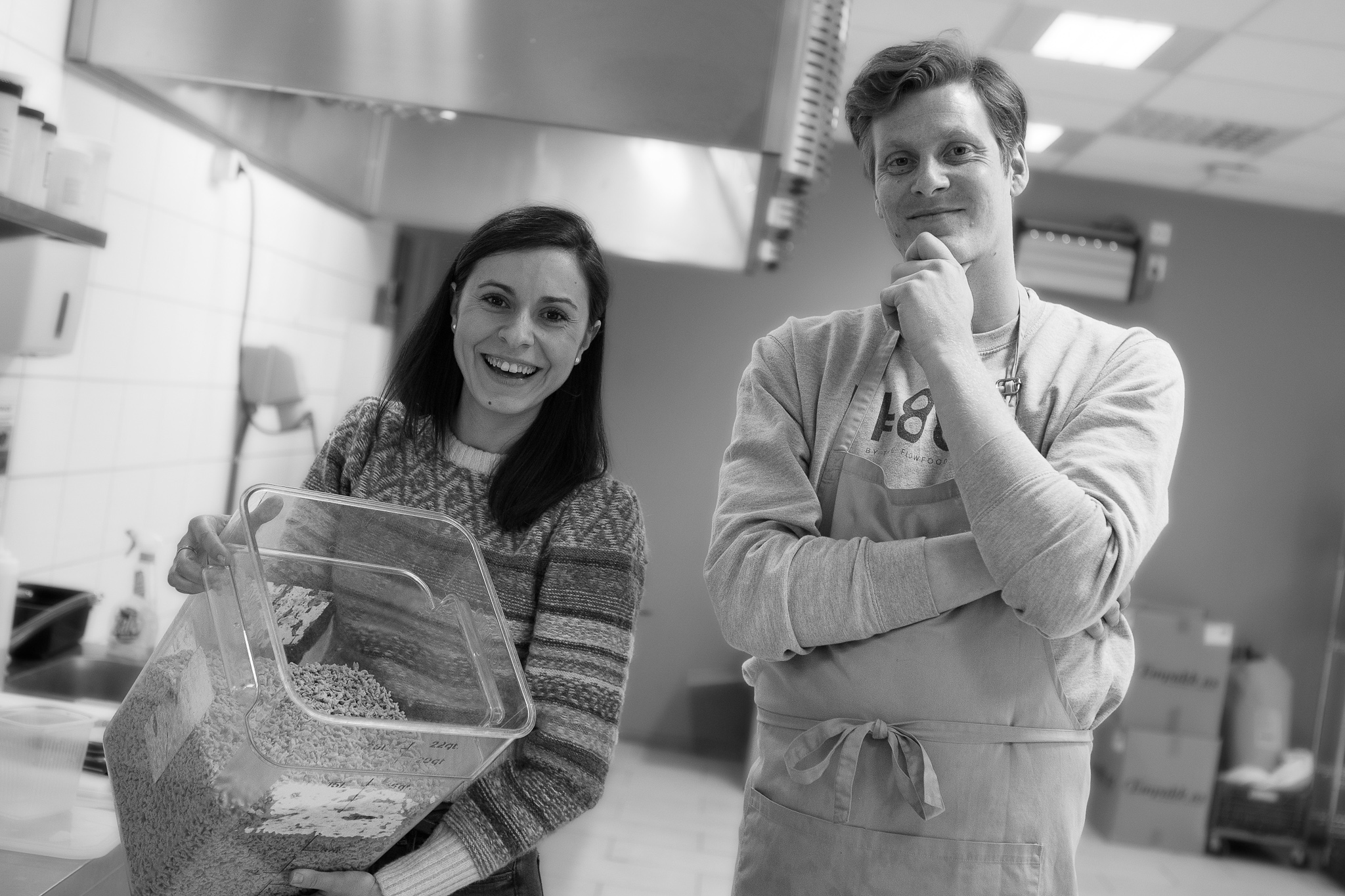
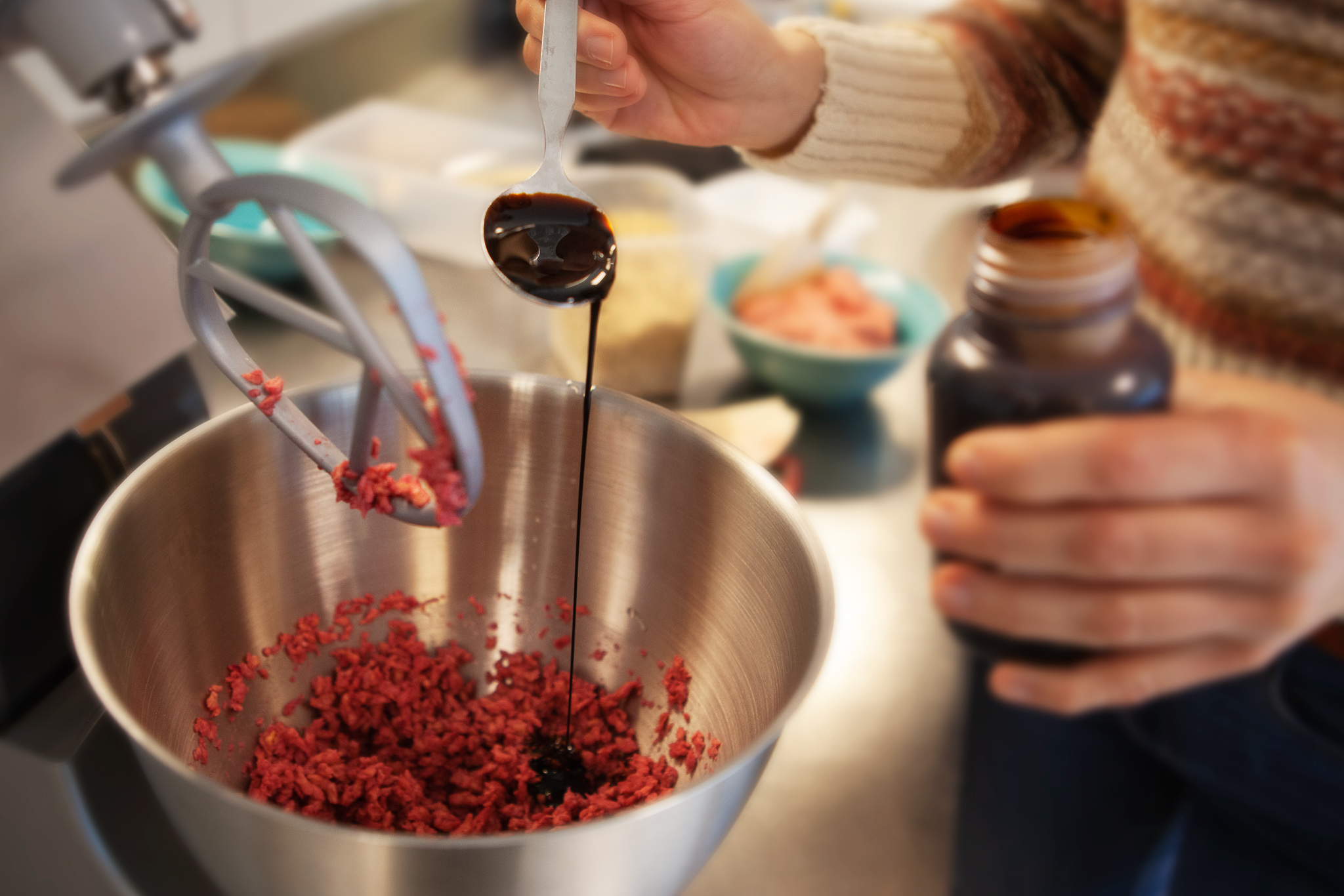
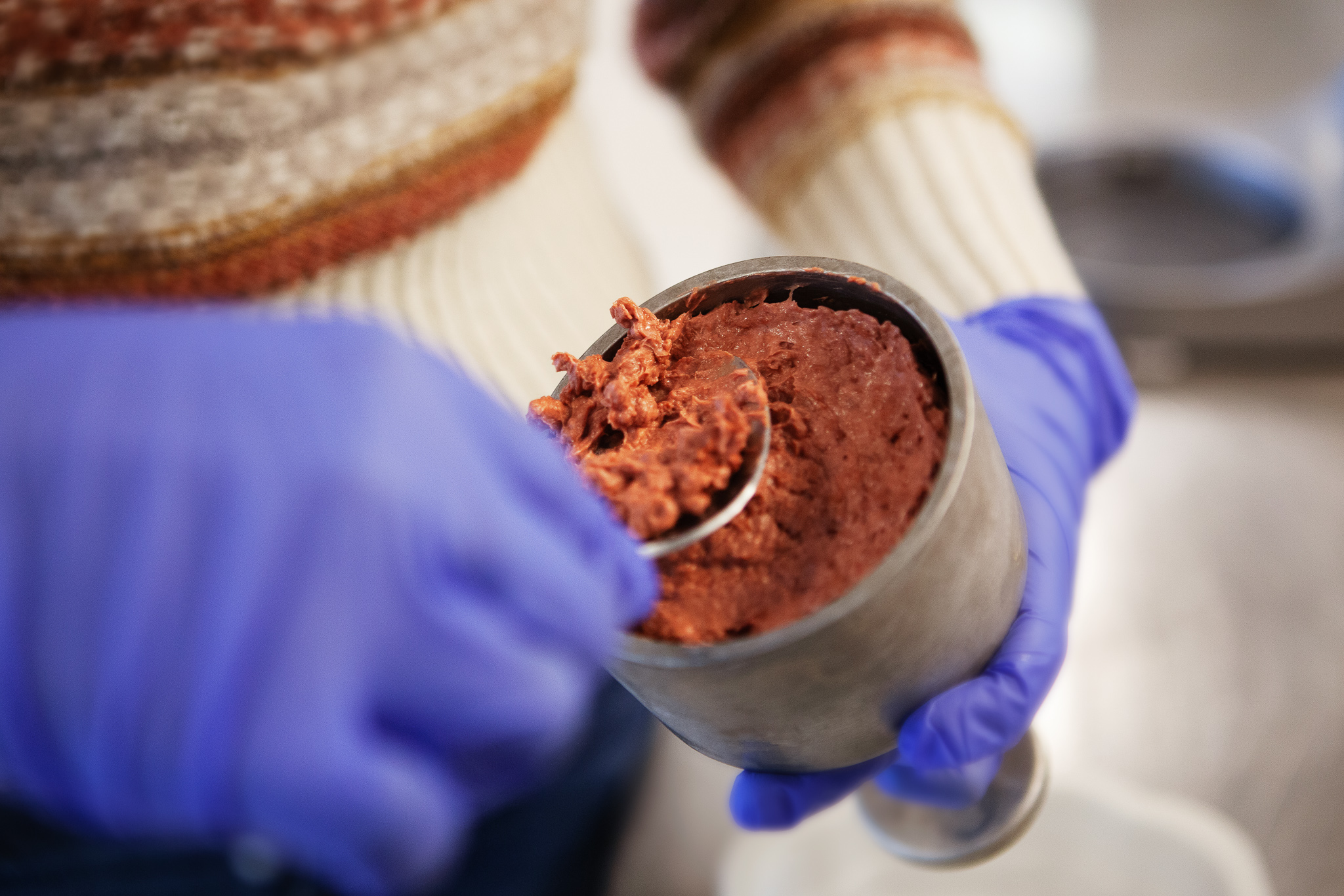
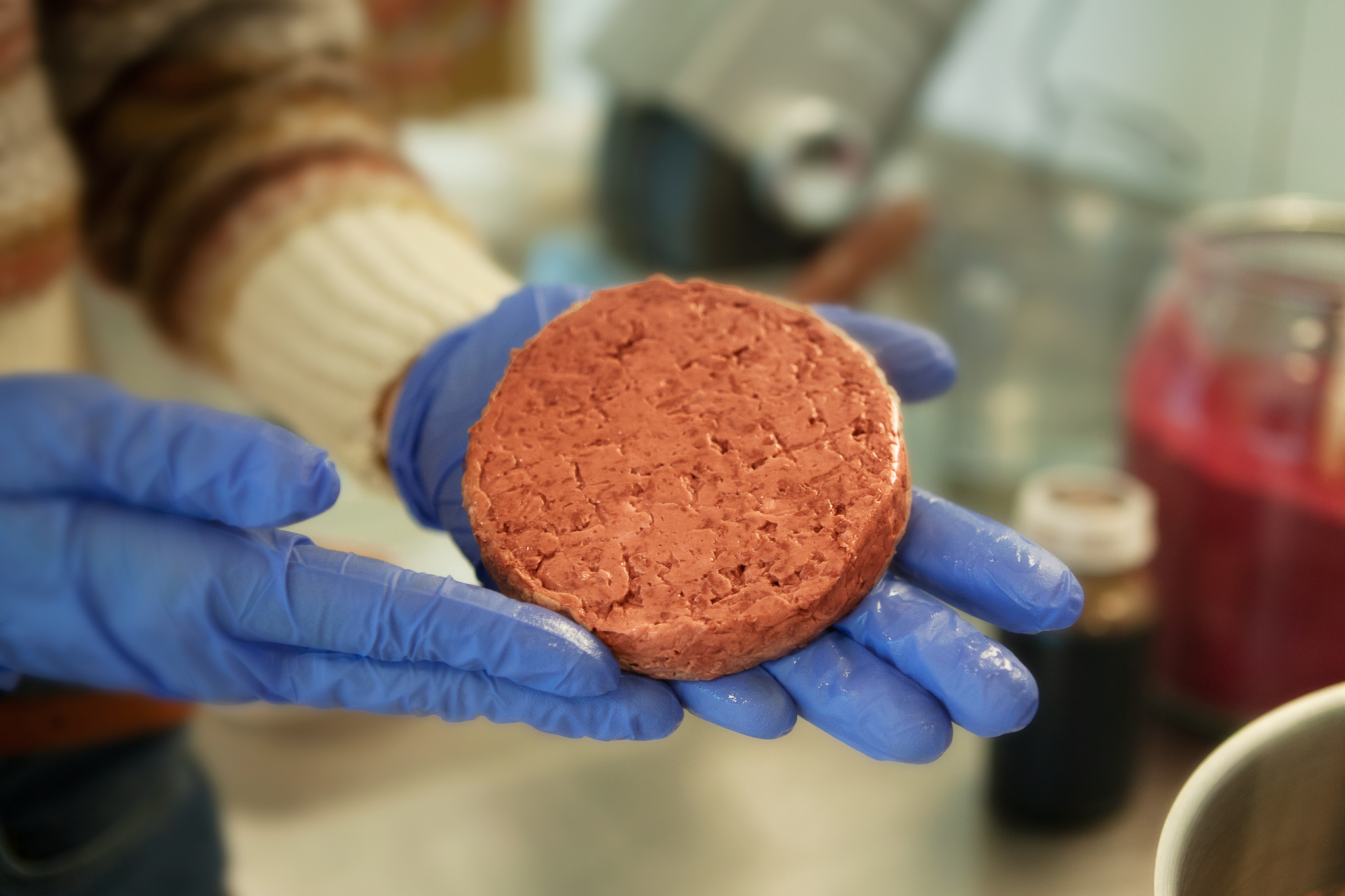
Nurturing our mission
We are willing to continue nurturing our mission, to positively contribute to the community and the planet we live in, making plant-based food more common in every home by producing tasty, nutrient rich products, that are environmentally-friendly and promote the growth of the local economy. We are one step closer to our goal by joining GreenPlantFood!
Sustainable transition
Pulses together with cereals represent a high-quality protein source, being excellent candidates for replacement of animal protein. Field peas, fava beans, oats and barley are adapted to cooler temperatures and are protein crops for the northern hemispheres. New varieties must also be tested for growth in Norwegian climate and their suitability in food production which includes good nutritional profiles and functional properties.
As the human population continues to grow, the big question is how will we feed 10 billion people by 2050? As a fact, 75% of agricultural land is used for raising and feeding livestock which only provides 1/3 of the global protein supply. The transition of diets from meat-based to plant-based products drastically reduces land and water use requirements and improves the carbon footprint of the food production process. Therefore, plant-based meat analogues can play a big role in slowing down global warming and help to sustain a healthier planet for future generations.
The European Consumer Survey on plant-based foods has revealed enormous potential growth opportunities for developing and launching new plant-based products. But first, the food industry must face some key barriers, firstly the limited variety of plant-based products available on the market, secondly the value-for-money factor and last the sensory experience. Plant-based products currently on the market tend to fail in delivering the right texture or taste compared to traditional meat products. Thus, GreenPlantFood will play a major role in addressing those questions.
Developing healthy and sustainable food solutions
The project will increase innovation and diversity of plant food products and thereby increase consumer willingness to buy those products and it will also promote the dissemination of knowledge and diffusion of technology. Moreover, this project will also promote value creation in the Norwegian food system, supporting Norwegian farmers and food industries to tailor raw materials and fractions, and to develop healthy and sustainable food solutions attractive to the consumers. More specifically, Flowfood will contribute by developing new and improved plant-based meat analogues (i.e. burgers, mince, meatballs, strips, chunks) based on Norwegian ingredients by implementing the use of extrusion technologies such as LME and HME to mimic texture and mouthfeel of meat products. We will be working side by side with several research institutions (NMBU, NIBIO, NORSUS) and industrial partners (Lantmannen Cerealia, AM Nutrition, Hoff, Norgesmøllene and Mills) to obtain the best possible outcomes.
RESOURCES:
- GreenPlantFood Project
- The Good Food Institute; www.gfi.org
- Cereals Food World, Vol. 64, No. 5; Sustainability Impacts of Pulses in Meat-Analogue Food Products
- The European Consumer Survey on Plant-based Foods 2020
